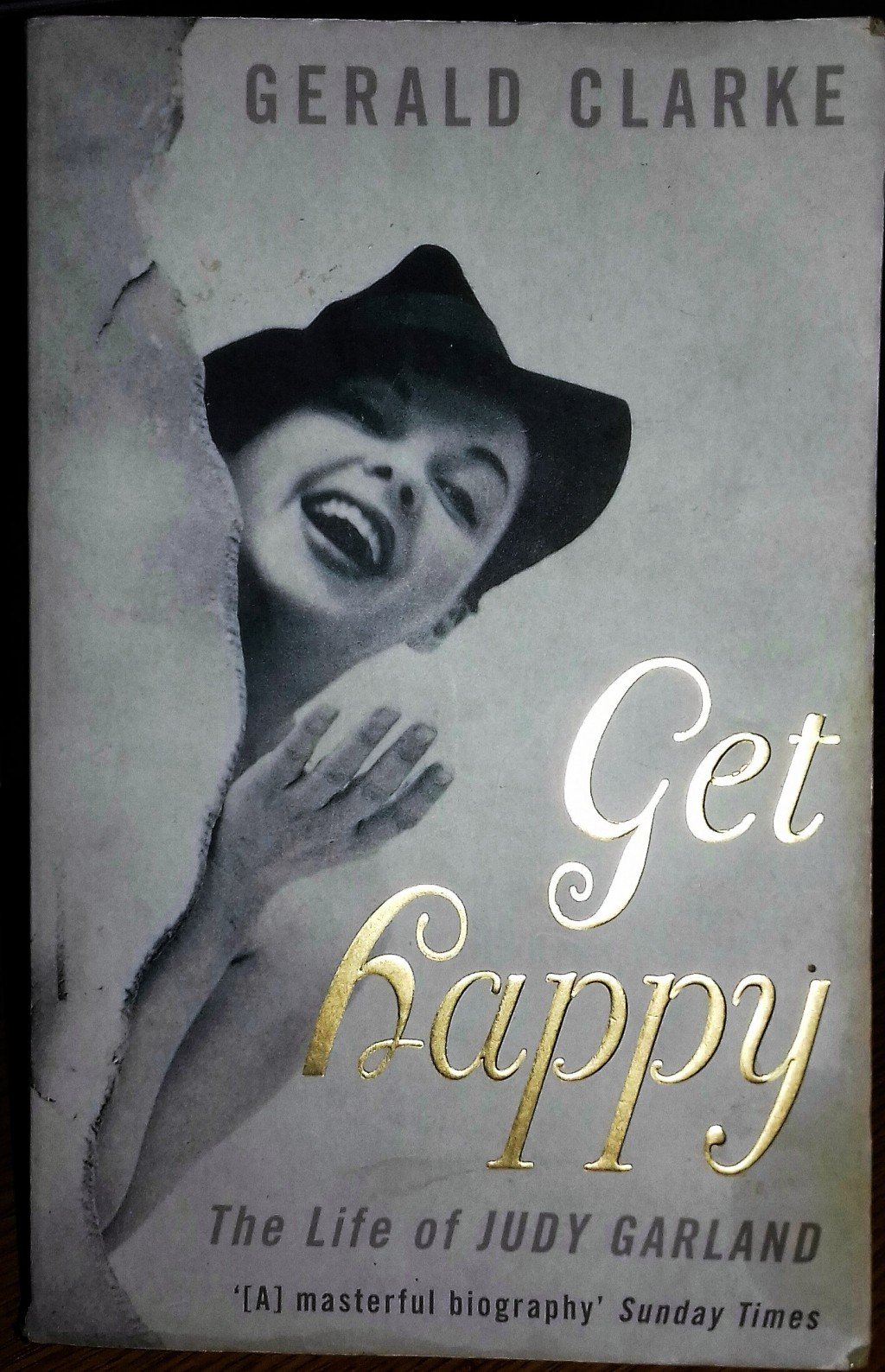



She thought, acted and looked like a small girl, but she sounded, increasingly and ever more astonishingly, like a woman. As she grew older, Babe's voice leaped ahead of her body, developing remarkable timbre, resonance and richness. On stage with her sisters from the time she was two, "Baby Gumm" quickly outshone her less talented siblings. While Garland spent her life trying to find happiness, it seems that - except in small moments - being happy was not something that was in her cards.īorn in 1922 and saddled with the unlovely moniker of Frances Ethel Gumm, the unwanted youngest daughter of vaudeville performers answered to "Baby" and "Babe" throughout her childhood. However, as most people at all familiar with Judy Garland's life will know, it has a darker meaning, as well. It refers, of course, to the Harold Arlen and Ted Koehler song of that name that would become a bit of a signature for the performer. The title of the controversial new Judy Garland biography by Gerald Clarke is a bit of a manic double entendre. Review | Get Happy: The Life of Judy Garland by Gerald Clarke


 0 kommentar(er)
0 kommentar(er)
